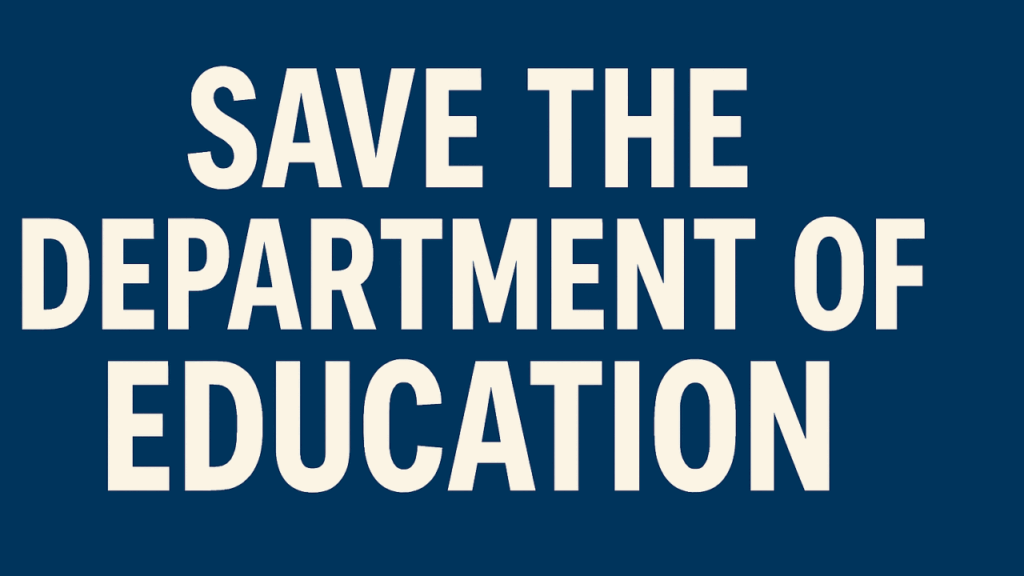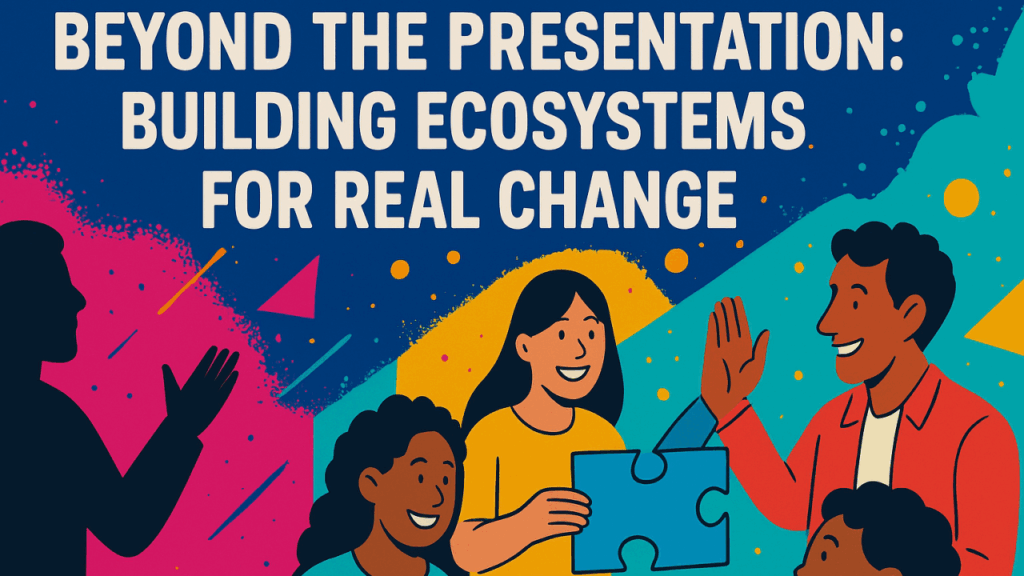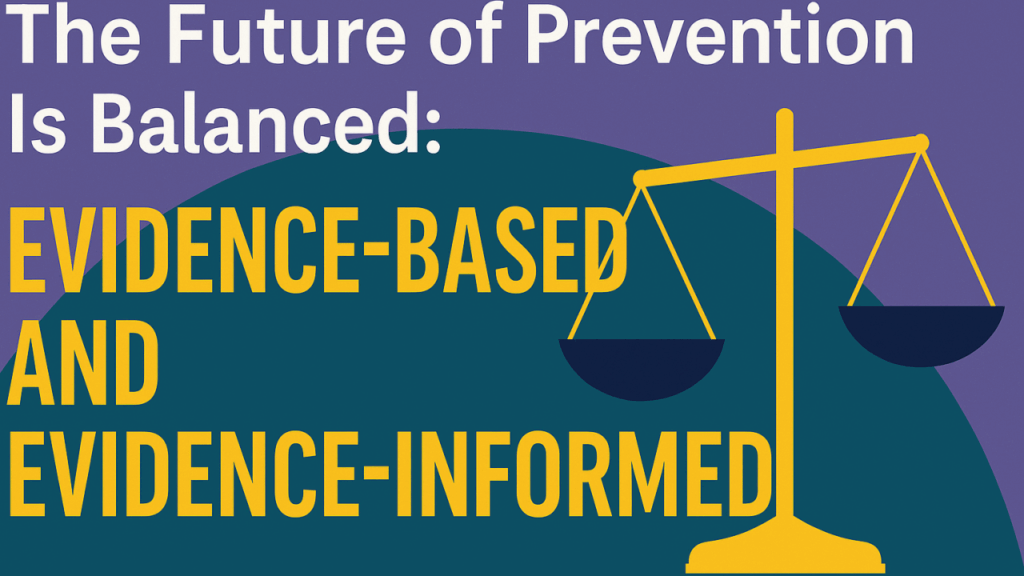The recent executive order to dismantle the U.S. Department of Education has sparked a ton of heated reactions—and understandably so. But before we jump into opinions, let’s get one thing straight: the Department of Education doesn’t control what your kids learn in school.
That’s a common myth. Curriculum decisions—like what’s in your child’s history book or what kind of math they’re learning—are made at the state level, not by the feds. What the Department does do is a lot quieter but no less important: It creates national standards, distributes federal funding, and helps make sure all students—regardless of zip code—have access to quality education.
Now, this might sound like politics. But for me? This is personal. Because I work with young people every week—kids who are doing the best they can with what they’ve been given—and what they’ve been given isn’t always enough.
So what happens if the Department goes away?
It means:
- Less federal support for school districts already under-resourced
- More inequality between wealthy communities and rural or low-income areas
- Real consequences for students with special education needs, whose IEPs are often funded federally
- And it means a lot more kids slipping through the cracks while the adults argue about budgets
For a lot of families, especially in rural towns or low-income zip codes, federal support is the only reason their kids have access to speech therapy, learning accommodations, or classroom aides. Without that? Parents would either need to move (which most can’t afford) or make do with what’s left.
Extreme absenteeism is growing at alarming rates.
Nationally, about 26% of students across the United States are now considered chronically absent—missing at least one month of school. In some regions, the numbers are even higher. For example, nearly 58% of ninth graders in Washington, D.C. were chronically absent in the 2023–2024 school year, with over 27% missing more than 30% of the academic year.
Students aren’t just missing class because they don’t care. Many are staying home because they feel overwhelmed, unsafe, disconnected, or unheard. Mental health challenges like anxiety, depression, and trauma play a huge role. So do systemic issues like poverty, housing instability, lack of transportation, and bullying.
The more uncertain and unsupported the education system becomes, the more we push students away from it.
(Sources: National Assessment Governing Board, FutureEd, Talkspace Business)
And let’s talk about mental health.
We’re already in the middle of a youth mental health crisis. You don’t have to scroll far to see it. Kids are overwhelmed, anxious, and emotionally drained—and now we want to add uncertainty to their education system too?
Here’s the truth: when young people don’t feel safe or supported, they don’t learn. Their brains literally go into fight, flight, or freeze mode. And when that happens, everything else—focus, motivation, hope—gets shut down.
So if you care about education, cool. But we also need to care about what kind of world we’re asking kids to learn in.
So what can we actually do?
No, most of us can’t stop an executive order. But here’s what we can control:
- We can keep talking to our kids. Even when it’s hard.
- We can support their mental health as much as we support their grades.
- We can stay informed and ask better questions—not just “What’s happening?” but “Who’s being affected?”
- And we can use tools like the Brightn to track how we’re feeling through it all—because this ain’t just about them. It’s about us too. (And yes I just used ain’t in a “professional” article)
I’ll leave you with this:
Caring about education doesn’t mean you have to be a teacher. It means you care about kids having a shot—anywhere, from any background, in any classroom. And if we really want stronger students, we need stronger systems behind them.
Let’s stay Up To It.
— Zion Givens Youth Mental Wellness Speaker | Co-CEO of Up To It



